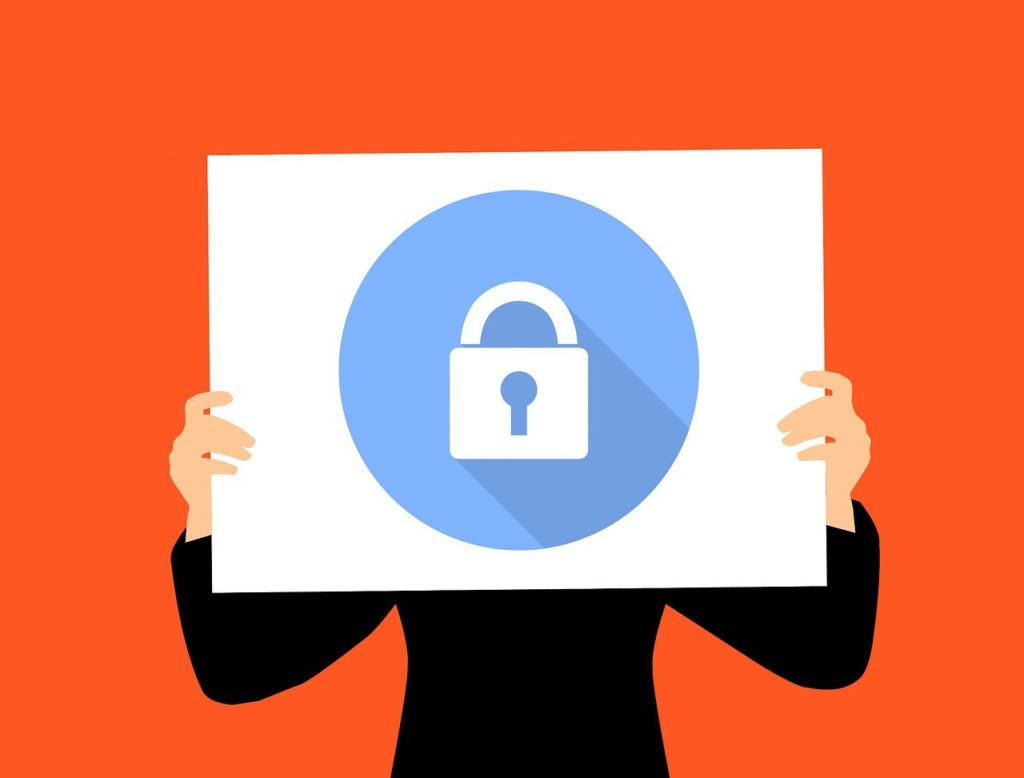
The Internet has taken by the world like anything. Be it your normal texts, social media scrolling to complex banking transactions, or educational admissions; you have everything right by your fingertips. But unbeknownst to all of you, your every data transfer has a unique record and can be fetched if required. Every text, Google search, photo uploads, or data downloads have a transaction record. In a nutshell, you are under the supervision of the Internet Service Providers (ISPs), government and the Internet Security Agents to assure the safety of your data. Not all eyes on you are safe! There exist some evil people who eavesdrop on your data transfer or who misuse your identity so as to spoof you and perform online masquerade attacks.
These people, professionally known as hackers make use of the online tools unethically to gain access to your private accounts and often impersonate you and can perform a series of banking transactions- A modern-day virtual theft. People who are expertise in hacking have skillfully mastered their work such that no trace is left behind and tracking them down becomes a tedious task. Such incomprehensible attacks in the form of worms, trojans, malware, device hijacking, packet sniffing, ransomware, pornography, exploiting and data theft are topping the list of crimes of today. Undoubtedly, you can stop it without having any prior knowledge of cybersecurity if you follow a few steps and take precautions well in advance.
1. Try to keep your password strong and not to use it anywhere.
A brute force attack or dictionary attack is a form of cracking your password by a few guessing algorithms which makes it easier to form a series of probable words and alphanumerical letters to crack your passwords. Try to set a password as difficult as possible and jot it down to keep no other records of it over the electronic gadgets. Make sure you alter your passwords on different accounts just to make sure if an unauthenticated person tries to gain access to one account, he won’t be able to crack the other.
2. Always prefer a secured ISP and a VPN.
Freebies are always a dreadful trap that lures thousands of people to be the victims of cybercrime. Often what comes as cheap, doesn’t assure you quality service. So for every time you connect to a free Wi-Fi or a cheap ISP (Internet Service Provider), you give them a chance to steal the credentials of your device. Always switch to a VPN (Virtual Private Network) to assure safety. Remember, quality may come with a cost, but still better than being exploited.
3. Always use a two-way authentication.
Two-way authentications ensure that only authorized access is utilizing the device. It adds layers to the security and gives the user to enter a set of passwords or to enter a pattern and to allow the device to recognize his face. Until a check happens in both the ways and verified, the device should not give access to anyone. For this, a careful password and facial features act as locking agents.
4. Say no to spams.
Spam messages, no matter how attractive they can be, are always a honey trap. Do not respond to it even if you’re being offered millions of dollars just in the exchange of your contact details. Your reputation and security are way too precious beyond it and no matter what- do not exchange it. A gain of few amounts can lead to numerous debts against your identity without you knowing of it. Well then guess who stole it? Yes, the spams!
5. Always make transactions on secured websites.
Secured websites implies the one beginning with ‘https’ in the URL tab. This feature encrypts your transactions and decrypts it at the verified destination only. Thus, where there is a lot of money based transactions involved, such as online shopping and banking, always prefer for the secured ones. This simple feature can be utilized by every online buyer and dealer, regardless of his knowledge in cybersecurity.
6. Use a firewall.
Unless the downloading source is trusted by you, do allow firewall and a good anti-virus to do its work of protecting your device from malicious trojans and malware. Always choose a firewall and let it restrict your access from harmful webpages on the net. Also, restrict the use of accessing harmful web pages.
Along with this, in case even after following every safety measure, you become a victim of the cyber-crime; make sure you always report to the anti-crime cyber cell and gain your justice back. Never allow the cookies to trace your online records and always clear the cached data from your browser. Also, keep a habit of reporting the web pages that you feel are unsafe and spread the awareness to encourage Cyber Security Safety. Make sure you follow these guidelines actively and safeguard yourself. Crime never knocks but it’s time to knock down crime!
You’ll also like to read:

Author Bio: This article has been written by Rishika Desai, B.Tech Computer Engineering Student at Vishwakarma Institute of Information Technology (VIIT), Pune. You can follow Rishika on Twitter @ich_rish99.